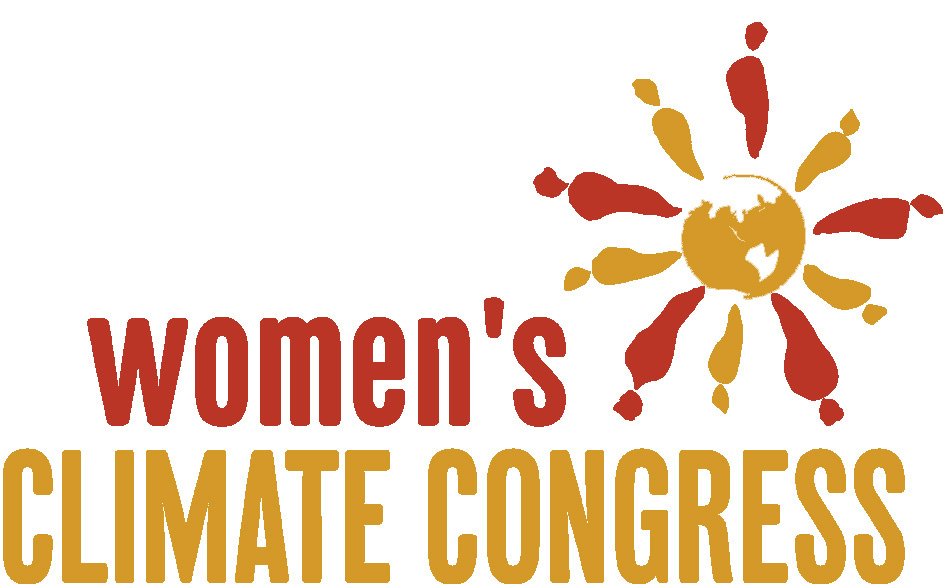
WCC papers
WCC founder’s discussion paper
-

Janet Salisbury, 'Independent mediation for uniting action on climate change.'
PRELUDE
In 1915, Julia Grace Wales, a 33-year-old English scholar at the University of Wisconsin, published a plan to end WW1 called Continuous Mediation without Armistice, 2 She proposed that, without attributing blame to either side, the neutral nations should form an independent conference to mediate between the warring countries. This was, according to Julia Grace, ‘the natural thing to do’.
WCC position papers
-

WCC position paper #1, 'What do we mean by climate security "
Vision
Our vision statement says we aspire to ‘create climate securtiy by 2030’. This information paper clarifies what we mean by ‘climate security ’ and provides some criteria by which to judge our progress.
What is ‘climate security ’?
The ‘climate security’ we aspire to is one where we can rely on a sufficiently stable (scientifically based) and safe (socially acceptable) climate that is not under pressure of human activities (in addition to natural forces) in ways that create unacceptably high risks of dangerous impacts and extreme events.
-

WCC position paper #2, 'Building a unified national agreement for Australia’s climate response'
AIM
The Women’s Climate Congress was founded in early 2020 with the objective of bringing together the diverse voices in our public discourse to agree national priorities and actions to address climate risks. In 2022, there is new interest in united, collaborative climate action, but there is still dispute on the best ways forward and we need a process to enable this to happen quickly, effectively and equitably.
-

WCC position paper #3 'Why women'
Under development - coming soon (2024)
Background papers by members
-

Kirsten Anker, ‘How the women of 1915 speak to us in the 21st century. We move forward by looking back.’
Response by Kirsten Anker to Janet Salisbury’s discussion paper, Independent mediation for united action on Climate Change
In 1915, just as the War was heating up – the War that we now know abruptly ended the Golden Age in Europe, cost 40 million lives, impoverished nations and set the stage for even more tragedy over the next century – a group of women came together to try to stop it
-

Honey Nelson, 'Bringing together settler and First Nations women.'
One of the important ambitions of the Women’s Climate Congress is to enjoin women from the diverse communities in Australia, to come together on behalf of the Earth and our descendants, in the face of climate heating. And we especially wish for the involvement of First Nations women: those who belong to the 250+ different nations in our continent, and who have been so afflicted by settler invasion, and the consequent extreme harm to their lands and waters and atmosphere
-

Rhian Williams, 'Sustaining Dialogue: The Key to Sustainable Problem Solving and Planning'
The challenges facing experts such as planners, environmental engineers, policy makers, economists and others in creating sustainable solutions are manifest. The current emphasis on integrated approaches requires experts, with often highly divergent areas of technical expertise, to work together. These experts are often primarily focussed on “what” they see needs to be done; however, “how” they talk to and engage with one another can hold the key to whether they are able to effectively achieve significant and useful outcomes. Creating and maintaining an environment conducive to problem-solving is the fundamental first step in reaching comprehensive remedies to the diverse environmental challenges faced today. Yet this “how” or procedural expertise often remains a hidden and unexplored dimension in dialogues about sustainability.
